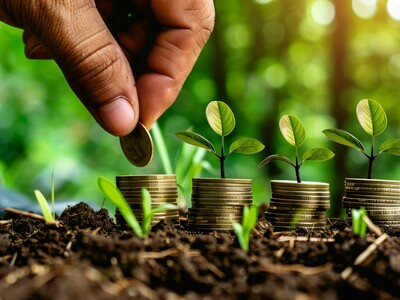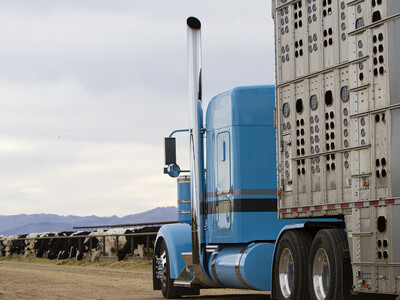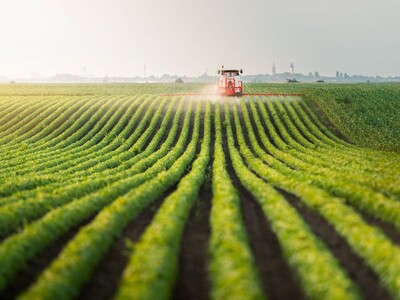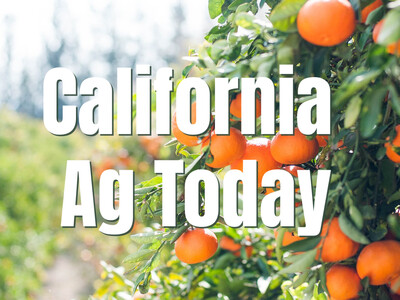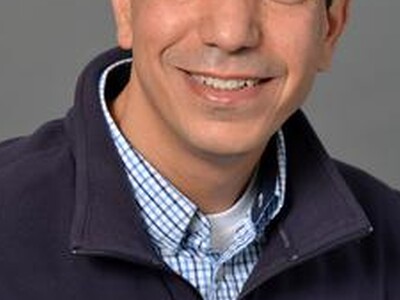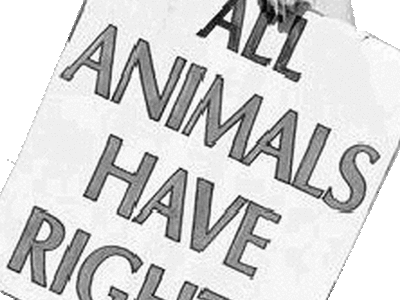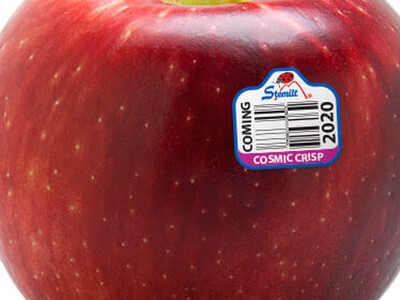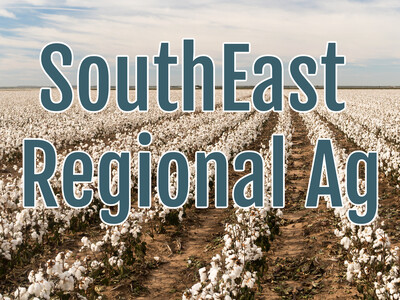More on Honey Filtering
More on Honey Filtering. I’m Greg Martin with today’s Line On Agriculture.
Last week I reported on a story involving the filtering of honey and how a recent article was misleading to consumers according to Bruce Boynton, CEO of the National Honey Board. I had a lot of letters and emails, most of them on a negative side. My mistake was in trying to capsulize a 10 minute conversation down to just a few sound bites so I wanted to give you a bit more of what Boynton had to say about the filtering of honey.
BOYNTON: It can be used for legitimate purposes and it can be used by the illegitimate or the dishonest people who are trying to hide something. But generally in the United States ultrafiltration is not used. The packers in this country don’t use ultrafiltration, it’s too expensive; they don’t need to do it. They do filter honey through different methods and certain types of filtration does remove pollen but that’s not a bad thing or an illegal thing or a wrong thing. In fact in the USDA grading standards for extracted honey, it talks about the removal of pollen grains and other particulates in honey as part of the filtration process and a more clear product. And USDA grading standards give a higher grade for honey that is more clear; that has more clarity. So that’s why packers filter their honey and that’s what the majority of consumers in America want.
Unfiltered honey, while appealing to some, can contain all sorts of things like bits of wax and wood and bee parts which most consumers don’t like. The article in question made a headline claim that most honey found in grocery stores really isn’t honey due to the removal of pollen during filtration and according to Boynton, that’s a misleading claim.
BOYNTON: It’s honey unless it’s been illegally adulterated with some corn syrup or rice syrup or something like that and there’s crooks out there that’ll do that occasionally. But for the most part, honey that’s on the shelves is honey and just because it doesn’t have pollen in it doesn’t mean it’s not honey.
Pollen in honey can be an indicator of it’s origin and some foreign importers will use filtration to hide where substandard product is coming from and that is a whole other issue. As to the articles claim that honey is not honey...
BOYNTON: The one thing that is correct is that honey that has been ultrafiltered is not supposed to be called honey anymore. (There are) regular filtration that could remove almost all of the pollen too just because some of the pollen grains can be large enough to be removed with all the other particulate matter. The filtering is not done intentionally to remove the pollen it’s just that pollen happens to be large enough to be removed along with the other particulate matter.
That’s today’s Line On Agriculture. I’m Greg Martin on the Ag Information Network.




